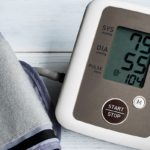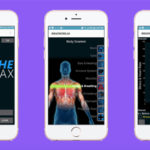How low is low blood pressure?
Blood pressure is the measurement of the force of blood against the walls of the arteries as it flows through the body, expressed in millimeters of mercury (mmHg).
It is represented by two numbers:
- Systolic blood pressure: the pressure in the arteries when the heart contracts and pumps blood.
- Diastolic blood pressure: the pressure in the arteries when the heart is at rest between beats.
Normal blood pressure is typically around 120/80 mmHg (systolic/diastolic). When the systolic blood pressure is less than 90 mmHg and the diastolic blood pressure is less than 60 mmHg, it indicates low blood pressure. These measurements are taken when the body is at rest.
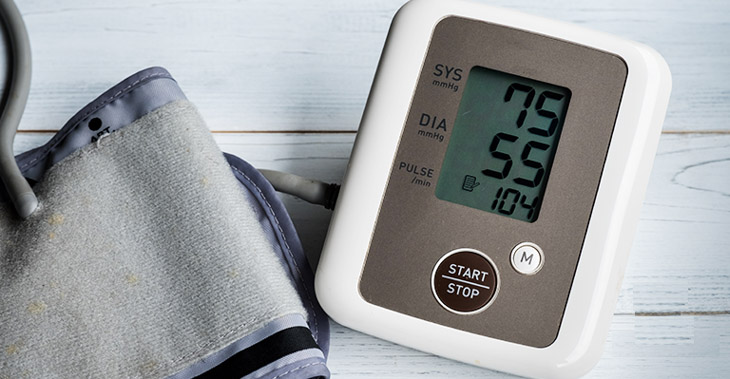
Low blood pressure can be caused by various factors, including:
- Dehydration
- Allergic reactions
- Side effects of certain medications
- Orthostatic hypotension due to prolonged standing
- Bleeding due to acute infection, heart failure, arrhythmias, acute coronary artery disease
People with low blood pressure may experience symptoms such as fatigue, dizziness, headaches, nausea, and lack of concentration. These symptoms are particularly noticeable when standing up or changing positions suddenly.
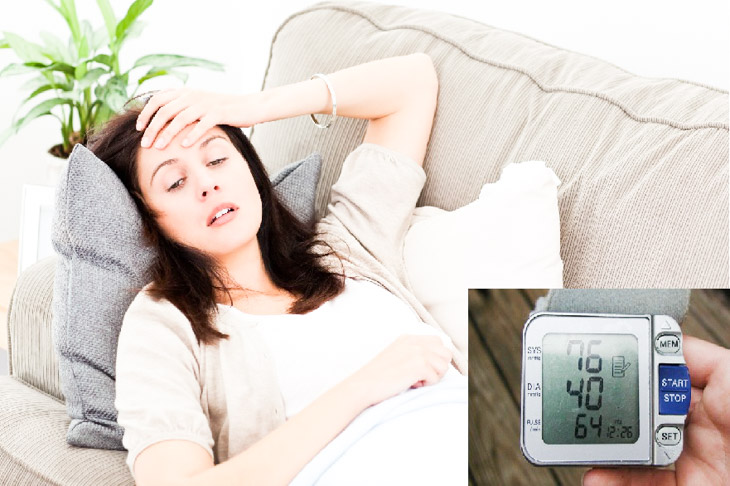
Severely low blood pressure can lead to confusion, cold hands and feet, pale skin, rapid and shallow breaths, weakness, and rapid pulse. It is particularly dangerous for older individuals and those with chronic conditions as it reduces blood flow to vital organs.
To accurately monitor low blood pressure and seek timely medical care, it is recommended to have a blood pressure monitoring device at home. There are many compact and user-friendly blood pressure monitors available for home use.
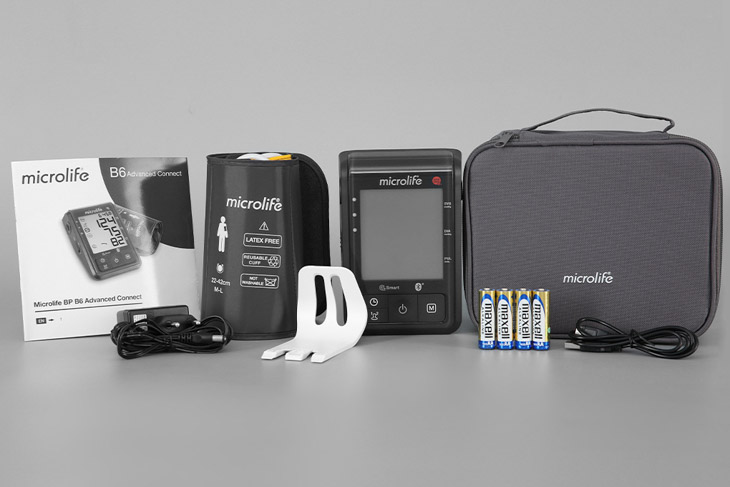
How to prevent low blood pressure
Regular blood pressure monitoring
Regularly monitoring blood pressure is important for preventing low blood pressure. This can help in adjusting diet, rest, and seeking advice from a healthcare professional to prevent serious complications. Having a blood pressure monitoring device at home is essential, especially for older individuals and pregnant women.
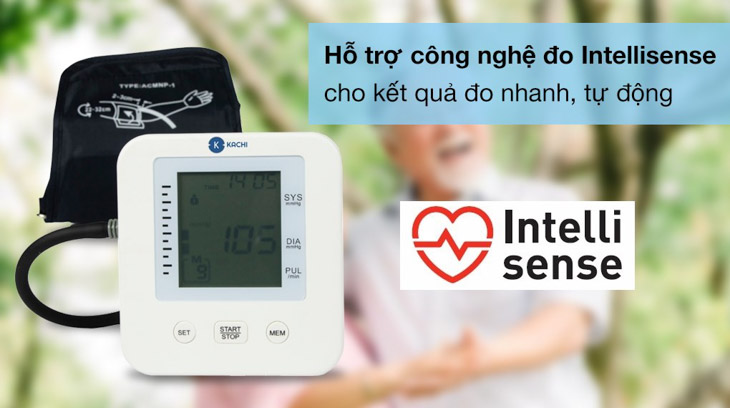
Pay attention to unusual symptoms
Unusual symptoms such as dizziness, nausea, and seeing stars should not be ignored as they can indicate low blood pressure. It is important to pay attention to these symptoms and seek medical attention if they persist or worsen.
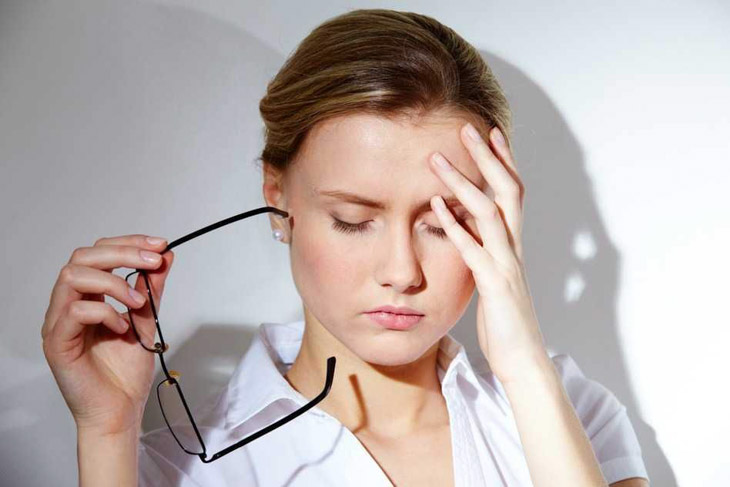
Limit late nights
Late nights and lack of sleep can negatively affect the cardiovascular system and increase the risk of low blood pressure. It is important to establish a regular sleep schedule and aim for 8 hours of sleep per night to promote overall health.

Keep your body warm while sleeping
Low blood pressure can cause numbness, coldness, and reduced tolerance to cold. Keeping your body warm while sleeping, especially in cold weather, can help prevent low blood pressure and improve sleep quality.

Avoid going outside during intense sunlight
Direct exposure to intense sunlight can cause excessive sweating and dehydration, leading to low blood volume and increased risk to the heart and brain. People with low blood pressure should avoid going outside during hot weather and ensure they drink plenty of water to maintain hydration.

Avoid excessive and sudden physical activity
Excessive and sudden physical activity can cause a drop in blood pressure, leading to dizziness and fainting. When standing up after sitting or lying down for a long time, it is advised to do so slowly. If symptoms of low blood pressure occur after standing up, it is recommended to stand up straight, breathe evenly, or put one leg up while leaning against a wall or chair armrest.
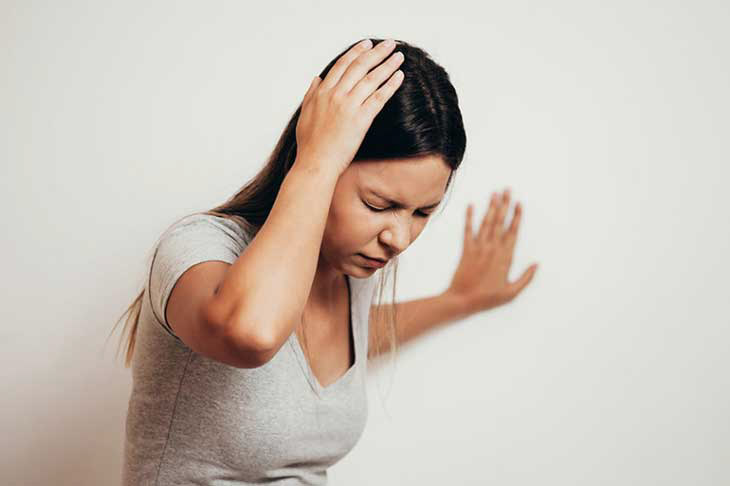
Maintain gentle exercise such as walking
Gentle exercise, such as walking, can improve blood flow and reduce symptoms of low blood pressure. It is recommended to choose appropriate sports activities based on individual physical condition and maintain them on a regular basis.

Use a low pillow while sleeping
Using a low pillow while sleeping, at a 10-20 degree angle, can help prevent low blood pressure while sleeping. This position reduces the risk of low blood pressure when waking up suddenly.

Regular blood pressure monitoring for individuals aged 50 and above
Older individuals are prone to blood pressure problems, so it is important to regularly monitor their blood pressure. Maintaining a positive mindset and avoiding strong emotions can also help limit high blood pressure in older individuals.

By following these preventive measures, you can actively protect your health and the health of your family members.
- Vinmec International Hospital: https://www.vinmec.com/vi/tin-tuc/thong-tin-suc-khoe/huyet-ap-thap-co-de-doa-den-tinh-mang/
- Sức khỏe đời sống: https://suckhoedoisong.vn/cach-don-gian-phong-ngua-huyet-ap-thap-169113431.htm
Exploring the Causes and Treatment for Low Blood Pressure
Are you finding yourself suffering from low blood pressure? Struggling to understand the causes and potential solutions? Our article here provides all the info you need to understand this condition and what treatment options are available!



























